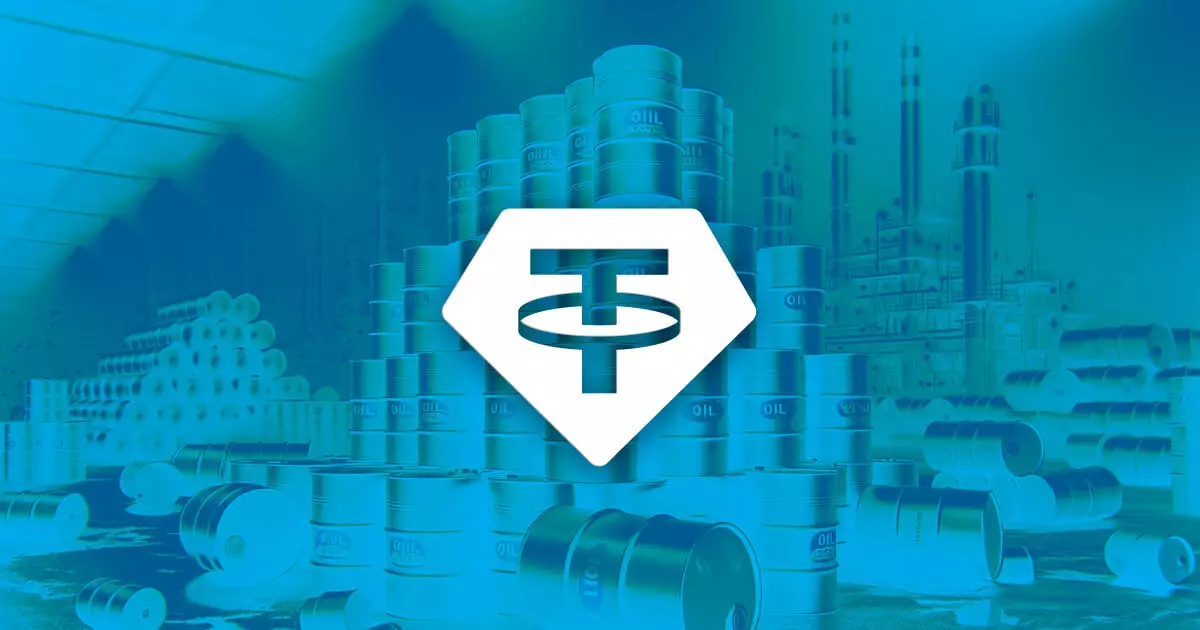In response to reports of state actors using Tether’s USDT tokens to bypass US sanctions, the stablecoin issuer has taken a firm stance on regulatory compliance. Tether has vowed to freeze any addresses linked to sanctioned entities, aligning with the Office of Foreign Assets Control (OFAC) SDN list. This proactive approach reflects Tether’s dedication to upholding higher safety standards and deterring unlawful activities within the cryptocurrency space.
Over the past year, Tether has demonstrated its willingness to freeze addresses involved in illicit activities, showcasing a commitment to accountability. For example, the company froze 32 addresses holding a substantial amount of digital assets connected to unlawful practices in Israel and Ukraine. By taking swift action against such activities, Tether sets a precedent for other stablecoin issuers to prioritize compliance and regulatory adherence.
Despite Tether’s efforts, reports have highlighted persistent exploitation of stablecoins by nefarious entities. Terrorist groups and sanctioned nations continue to leverage USDT for illicit purposes, evading economic restrictions and sanctions. The recent case of Venezuela’s PDVSA using USDT for oil exports and Russia’s adoption of alternative payment avenues like Tether’s stablecoin exemplify the challenges faced in ensuring regulatory compliance within the stablecoin industry.
In light of these developments, policymakers and regulators have emphasized the need for robust regulatory measures to combat money laundering and illicit activities facilitated by stablecoins. US Senator Elizabeth Warren has advocated for inclusive anti-money laundering and counter-financing of terrorism (AML/CFT) requirements for stablecoin regulations, warning against the potential for bad actors to exploit regulatory loopholes. Excluding stablecoin issuers and DeFi intermediaries from regulatory oversight could pose significant risks to the integrity of the crypto market.
Regulatory compliance is crucial for maintaining the integrity and security of the stablecoin industry. Tether’s proactive approach to address freezing and adherence to OFAC guidelines sets a positive example for the industry. However, the persistent exploitation of stablecoins by illicit actors underscores the need for comprehensive regulatory measures to prevent money laundering and other illicit activities. By prioritizing compliance and accountability, stablecoin issuers can help build a safer and more transparent ecosystem for digital assets.

